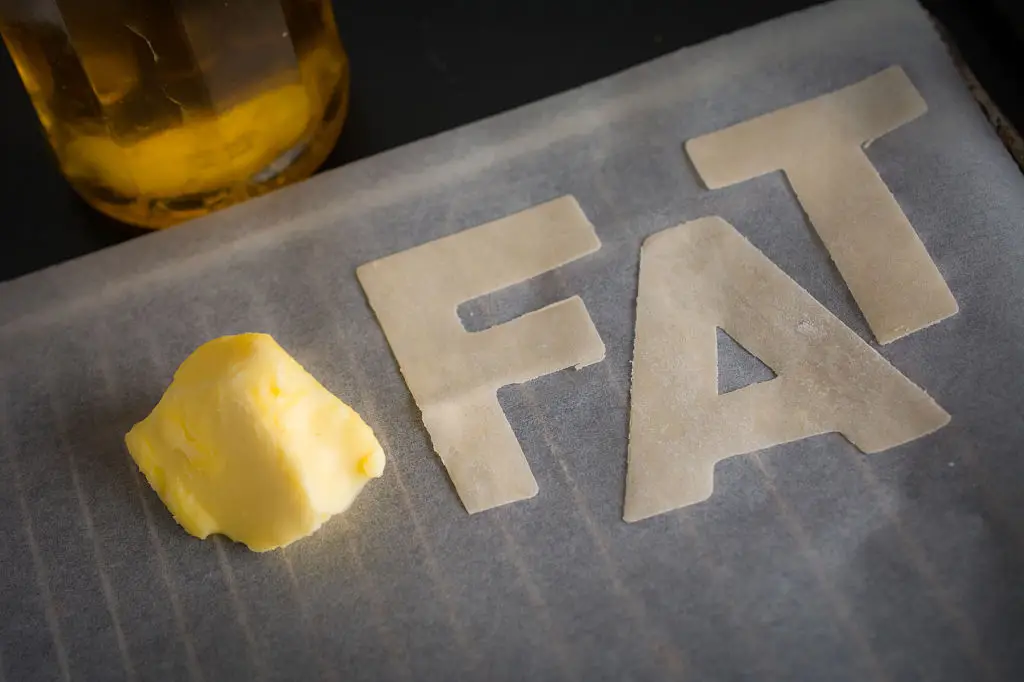12 Sneaky Food Additives Quietly Harming Your Metabolism
9. Interesterified fats (processed fats used to replace trans fats)

After trans fats were phased out, some manufacturers used interesterified fats to achieve similar textures in spreads and baked goods. These modified fats change the arrangement of fatty acids on triglycerides and, in a few controlled studies, have been associated with less favorable effects on glucose metabolism than unprocessed fats. The research here is smaller than the body of evidence against trans fats, but it suggests that heavily processed fat types deserve scrutiny. A straightforward habit is to favor whole-food fat sources when possible and choose products with clear oil types listed — for example "olive oil" or "canola oil" — rather than vague "vegetable fat" or "interesterified" labels. That keeps your dietary fats closer to forms the body recognizes and metabolizes in balanced ways.
10. BHA/BHT (butylated preservatives)

BHA and BHT are antioxidant preservatives that extend shelf life in cereals, snacks, and some processed oils. Laboratory studies have raised questions about possible interactions with hormonal and metabolic processes, though human data remain limited. Given the uncertainty, many people choose fewer packaged snacks and more whole-food alternatives. Reading labels helps: when you see BHA or BHT, consider whether the convenience is worth the unclear trade-off. Swaps that support metabolism include homemade trail mixes, plain oatmeal with fresh fruit, or air-popped popcorn seasoned with herbs. Those choices reduce exposure to preservatives while increasing fiber and nutrients that support healthy energy regulation.
